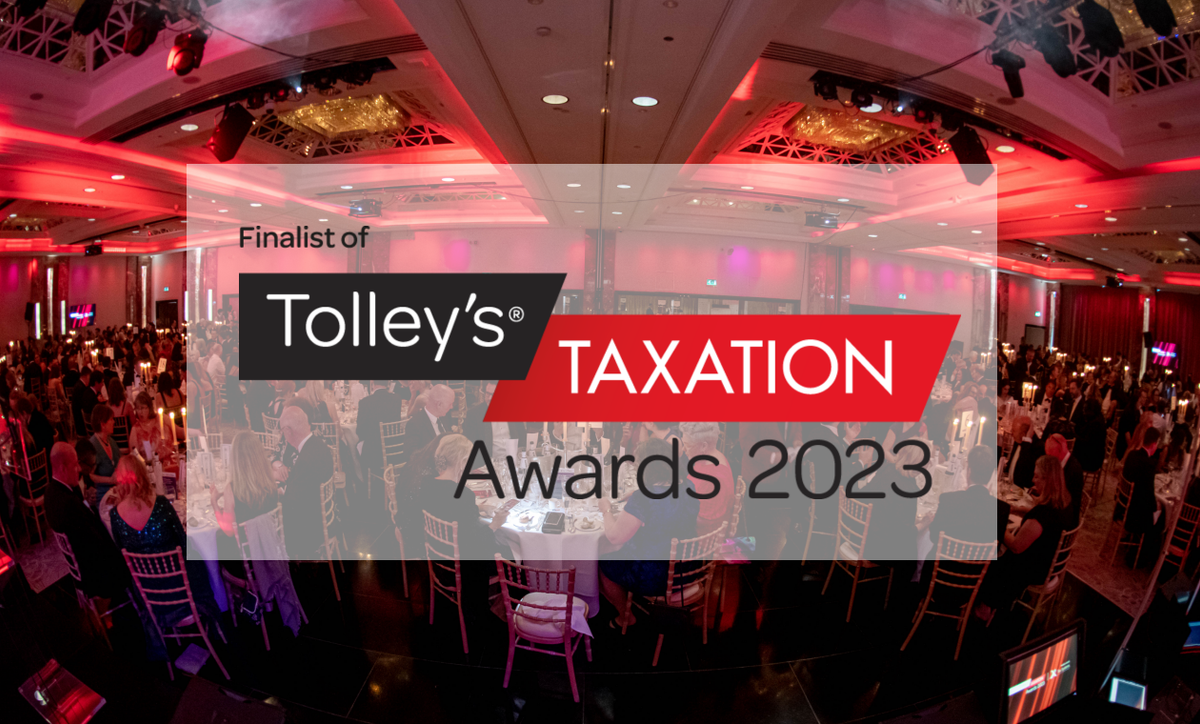
Cryptocurrency has been plagued with bad press and is traditionally an area that financial services do not wish to be associated with. Many accountants avoid clients with crypto assets because of the risk that they may not be legitimate and could negatively impact business reputation.
However things are changing, crypto is going mainstream and its rapid adoption rate combined with the increasing pressure of tax compliance means there’s a new generation of investor in need of specialist crypto tax advice. In this blog we set the scene on the growth of crypto and investigate why there is such a growing demand for crypto accountants.
Cryptocurrency adoption and crypto regulation is growing!
Crypto assets like Bitcoin and Ethereum have long been popular with investors and individuals with an interest in tech, but the hype around alt tokens like Dogecoin and Shiba as well as the development of Web3, NFTs and crypto rewards within gaming have brought crypto to the mainstream. The adoption rate is soaring and shows no signs of slowing down.
The support from the UK government, who announced their intention for the UK to become a global crypto asset hub also shows that crypto is an asset class that should be taken seriously and is here to stay.
Of course, while the government embraces crypto, they also see the opportunity for additional tax revenue. Although the tax rules have stood for some time and HMRC released guidance in 2017 to clarify their stance, there has always been a lack of awareness throughout the crypto community. HMRC have been fairly passive but moves are now being made which suggest they are cracking down on crypto tax compliance.
- In 2020 HMRC began to demand user information from some crypto exchanges and now regularly send out nudge letters to users to suggest they look into their tax affairs.
- More recently, the Spring Budget (2023) announced that crypto will be declared separately from other capital gains from the 2024/25 tax return.
Worldwide, crypto regulation is also growing and jurisdictions are beginning to unite to achieve more tax transparency of crypto assets. The OECD have recently announced the Crypto Asset Reporting Framework (CARF) which will facilitate the exchange of information on crypto assets between jurisdictions including stable coins, derivatives and some NFTs. We’re currently waiting to see which countries will participate, but expect to see it live by the end of 2023. The underlying message to individuals with crypto is that its time to get your tax affairs in order!
Crypto users need help calculating their tax liability and filing their tax return
Although some crypto users have a good understanding of capital gains and the process of HMRC Self-Assessment, many treat crypto as passive income and have never filed a tax return.
As well as that, crypto tax guidance is cloudy, there is no standard approach to record keeping and calculating the tax is a complicated and time-consuming task. Although crypto tax calculators like Recap can help, many crypto users with a complex history of trading need specialist help, and the opinion of a qualified tax professional also provides them with extra comfort.
You may find that some of your existing clients are with-holding information about their crypto holdings from you. There are many reasons for this, including:
- They are oblivious to crypto tax and unaware they need to declare their capital gain/ income
- They are burying their head in the sand because of the complexity of their situation and anxiety of establishing their tax position
- They believe that crypto is only taxable when “cashed out” to fiat when in fact HMRC also view crypto-to-crypto trades and purchases made using crypto as a disposal
- They don’t believe that crypto is traceable by HMRC and are ignoring their responsibility to declare any gains.
Whatever the reason, now is a good time to ask clients if they own crypto assets to ensure that their records are up to date and they are fully compliant.
As we established, cryptocurrency adoption is growing and it is hitting the mainstream, it’s no longer a topic to avoid because of associations with the dark web. In fact, the majority of crypto investors want to be compliant, but the lack in clarity surrounding the rules and the complexity of the tax calculations are causing a massive barrier and they need help.
Conclusion: Crypto is daunting but its here to stay
Cryptocurrency is reaching the mainstream and there is a growing number of crypto investors in need of specialist help with tax compliance. With even the UK government showing their support and putting a plan in place to become a crypto hub this growth is not going to stop. Specialist crypto tax advice is only offered by very few accountancy practices at the moment, so now is the perfect opportunity to up-skill, grow your client base and get ahead of your competitors.
For more of the benefits of supporting crypto clients check out our blog "Unlocking the potential of crypto clients: The case for your accountancy firm to specialise in crypto tax".


